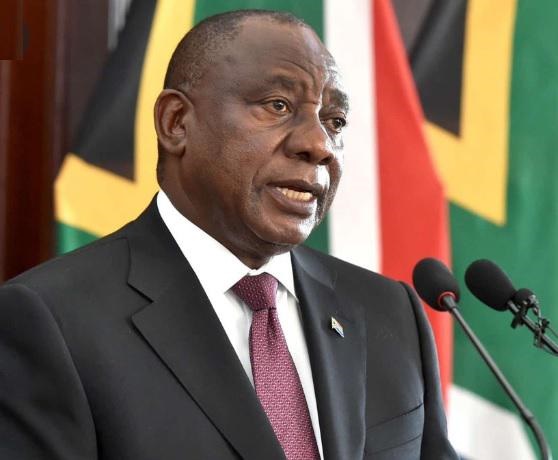
With the Covid-19 coronavirus global outbreak delivering the worst health and economic havoc in a century, the resilience of governance systems along with political leadership, are being tested.
In South Africa, political leadership has always mattered as the last stand for the poor and the working class.
Development policy in our country has premised from historical injustice, focused more on correcting racialised economic distortions upon which the apartheid regime constructed.
For the first time since 1994, the 2008 global economic crisis introduced a new factor in economic realities of poverty and unemployment uncaused by apartheid.
The Zuma administration spared little efforts to combine both historical and ahistorical approaches to the 2008 economic crisis.
In fact, the debate turned radically historical, perhaps in defence of the breakdown of governance which delivered widespread corruption within and outside the state.
The Covid-19 pandemic is the second opportunity for democratic South Africa to address poverty and unemployment through both historical and ahistorical lenses.
Let us consider President Cyril Ramaphosa’s address earlier this week – his administration’s socio-economic response to Covid-19.
We then examine how the socio-economic response relates to the historical and ahistorical frameworks noted above.
Early into the address, Ramaphosa clarified that the government’s economic response was calibrated into three phases.
The first phase responded to humanitarian crisis in the form of tax relief, availing of disaster relief funds, emergency procurement, wage support through the Unemployment Insurance Fund (UIF) and funding to small businesses.
Initially it was unclear if black economic empowerment (BEE), the tool employed to address historical distortions of the economy, would be the guiding principle in implementing such a response.
The debate settled on a blanket rather than BEE focused response.
During the second (current) phase, the administration is concerned with stabilising the economy through boosting supply and demand, and protecting jobs.
The president announced the plan to inject R500 billion into the economy (equivalent to 10% of GDP), the largest stimulus package in the history of the country and among the highest Covid-19 related stimulus packages in the world, if we consider in GDP terms.
The first R20 billion will go towards purchasing equipment to ensure that health workers respond efficiently and those infected by the pandemic are not in unbearable conditions.
The second R20 billion will go to local government, in support of emergency responses along with emergency delivery of basic services.
The first R40 billion therefore has little to do with stabilising the economy or protecting jobs, and more to do with phase one.
The second expenditure category (R50 billion), will be directed to addressing the livelihoods of the most vulnerable in the society.
This will involve a six month expansion of social grants.
Numerous studies in South Africa have demonstrated that social grants have been effective in reducing poverty although there is little evidence on how they interact with inequality.
The reduced economic pressure on poor households, realised from expanded social grants, will minimise the economic burden these households place on incomes of middle class households, especially black middle classes.
And, for the first time in democratic South Africa, those who are unemployed, but are unable to access UIF or social grants, will be eligible for a monthly basic income grant of R350.
After the pandemic has receded, we will need to examine whether such intervention is a meaningful economic tool which should be considered under ordinary economic times.
The balance of the funds will go to supporting both small and medium businesses with operational costs, and injecting into the financial system to improve liquidity.
The third phase has to do with a long-term economic recovery plan, in quest for what the president labelled as the New Economy.
The financing of the New Economy, according to Ramaphosa, will include international financial institutions inclusive of the International Monetary Fund (IMF) and the World Bank, the rationale being that different conditionalities have been established for Covid-19 pandemic related loans.
Also, the New Economy will involve radical economic transformation (RET), although upon close examination the president seems to have re-defined RET as focused on spatial and social transformation. Racial transformation was conspicuously absent in this re-definition.
Since Ramaphosa came to power, the pragmatics have been unable to persuade the alliance partners that approaching the IMF, implementing economic reforms and de-racialisation of economic debate (within reason) is not akin to selling the country to imperialists or to the so-called white monopoly capital.
Historically, ideological concessions and changes have been occasioned by brutal social and economic realities, which if not attended to strategically, pose fundamental threats to the legitimacy of the nation state itself.
Inevitably, the Covid-19 economic crisis has demanded the need for pragmatism, an opportunity which the Ramaphosa administration has grabbed firmly.
A new economic policy for a New Economy is rapidly emerging in South Africa.
It is not unusual that a crisis is responsible for such an emergence.
• Musyoka is an associate researcher (Development Economist) at the University of Pretoria




 Publications
Publications
 Partners
Partners







